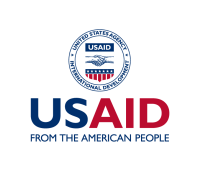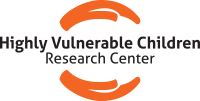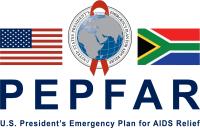Highly Vulnerable Children Research Center
Our Mission
The Highly Vulnerable Children Research Center’s mission is to improve the lives of highly vulnerable children worldwide by:

- Conducting rigorous research to document the challenges HVC face and evaluate potential solutions
- Building program capacity and encouraging evidence- informed practice; and
- Working with policy-makers to promote effective social protection for this priority population.
What are highly vulnerable children?
The term “highly vulnerable children” (HVC) generally refers to individuals under age 18 whose safety, well-being, and/or development is at significant risk due to inadequate care, protection or access to essential services. HVC include those who are orphaned; receive inadequate adult support because of death, abandonment, economic distress, or chronic illness; have HIV/AIDS or are suspected of having HIV; are directly affected by armed conflict; live outside of family care; or are otherwise unsupported by traditional social safety nets in their communities. This definition encompasses OVC (Orphans and Vulnerable Children), a term commonly used to describe children affected by HIV and AIDS, especially in lower- and middle-income countries.
Where We Worked
Our recent work and research is focused in South Africa.



The Highly Vulnerable Children Research Center and Tulane University’s Protecting Highly Vulnerable Children – Research, Monitoring & Quality Improvement Activity was made possible by the support of the American people through the President’s Emergency Plan for AIDS Relief (PEPFAR) through a Cooperative Agreement [72067420CA00003] awarded by the United States Agency for International Development (USAID) to Tulane University. The contents of this Website are the sole responsibility of Tulane University and do not necessarily reflect the views of USAID or the United States Government.
